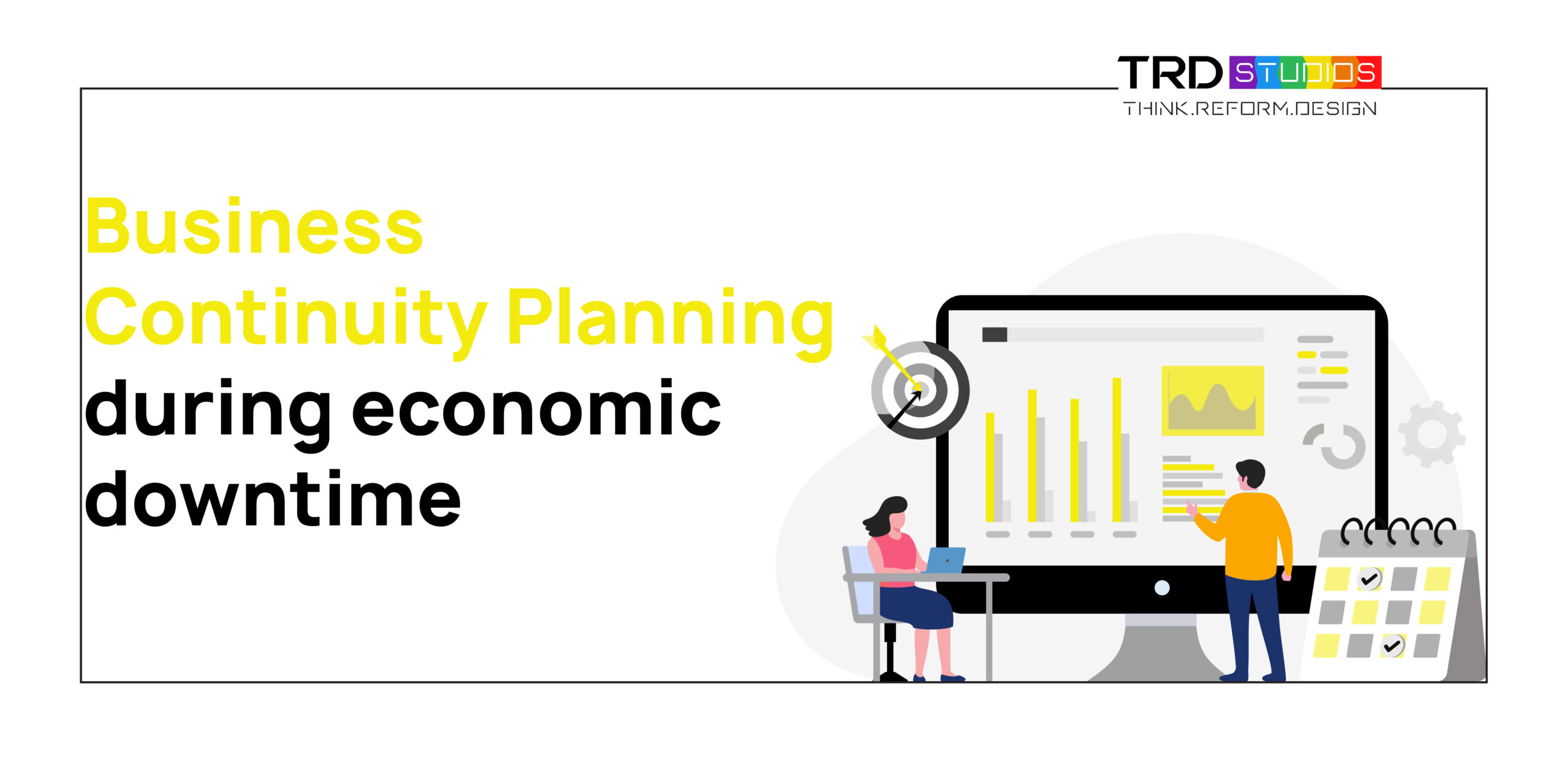When embarking on a new business venture or project, it is crucial to assess its feasibility before diving in headfirst. This is where a business feasibility studies comes into play, providing a comprehensive evaluation of the project’s viability and potential risks.
However, the relationship between business feasibility studies and project management goes beyond just initial assessment.
Business Feasibility Studies & Project Management
We will explore the intrinsic connection between these two critical aspects of successful project execution.
Defining Business Feasibility Studies:
A business feasibility study is an analysis conducted to determine the practicality and profitability of a proposed project or business idea.
It evaluates various factors such as market demand, financial viability, resource requirements, legal and regulatory considerations, and competitive landscape. The insights gained from a feasibility study provide a solid foundation for effective project management.
Identifying Project Objectives and Scope:
A business feasibility study sets the stage for defining project objectives and scope. It helps project managers gain a clear understanding of what needs to be achieved and what limitations or constraints they may face.
By thoroughly analyzing the feasibility study findings, project managers can identify the project’s goals, deliverables, and key performance indicators (KPIs).
Risk Assessment and Mitigation:
Feasibility studies identify potential risks and challenges associated with a project. These risks could be financial, technical, operational, or environmental in nature.
Once project managers are aware of these risks, they can develop risk mitigation strategies, contingency plans, and allocate appropriate resources to address them effectively. The feasibility study acts as a roadmap for risk management throughout the project lifecycle.
Resource Allocation and Budgeting:
An integral part of project management is resource allocation and budgeting. Feasibility studies provide insights into the resources required for a project, including finances, personnel, technology, and infrastructure.
Project managers can leverage this information to create accurate project budgets, allocate resources efficiently, and prevent potential resource shortages or bottlenecks.
Timelines and Milestones:
Feasibility studies help project managers establish realistic timelines and milestones for project completion.
By evaluating the potential risks, resource availability, and dependencies outlined in the study, project managers can develop a well-defined project schedule. This ensures that project milestones are achievable and align with business goals, enhancing project success rates.
Stakeholder Communication and Alignment:
Both business feasibility studies and project management involve engaging stakeholders throughout the process. Feasibility studies allow project managers to identify key stakeholders and their interests, concerns, and expectations.
Project management methodologies facilitate effective stakeholder communication, ensuring that their needs are understood and incorporated into the project plan.
Decision-making and Project Prioritization:
Feasibility studies serve as a basis for informed decision-making during project planning and execution. By analyzing the study’s findings, project managers can prioritize projects based on their feasibility and alignment with business objectives.
This enables them to make strategic decisions regarding project selection, resource allocation, and risk management.
Business Feasibility Studies & Project Management – Conclusion
The connection between business feasibility studies and project management is undeniably strong. Feasibility studies provide vital insights into the viability, risks, and requirements of a project, while project management methodologies enable effective planning, execution, and control.
Integrating these two aspects ensures that projects are strategically aligned with business goals, increasing the likelihood of success.
By leveraging the knowledge gained from feasibility studies, project managers can mitigate risks, allocate resources efficiently, and navigate project complexities with confidence.



